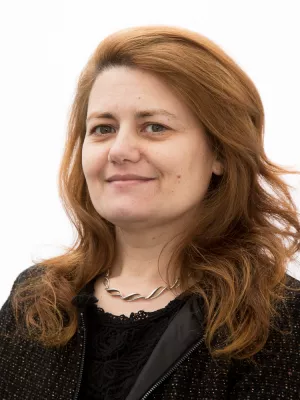
Ana Nordberg
Senior lecturer

Regulating Germline Editing in Assisted Reproductive Technology : An EU Cross-disciplinary Perspective
Author
Summary, in English
Potential applications of genome editing in assisted reproductive technology (ART) raise a vast array of strong opinions, emotional reactions and divergent perceptions. Acknowledging the need for caution and respecting such reactions, we observe that at least some are based on either a misunderstanding of the science or misconceptions about the content and flexibility of the existing legal frameworks. Combining medical, legal and ethical expertise, we present and discuss regulatory responses at the national, European and international levels. The discussion has a EU starting point and is meant as a contribute to the general international regulatory debate. Overall, this paper concludes that gene editing technologies should not be regulated autonomously. Rather, potential uses should be regulated under general, existing frameworks and where applicable by reference to sufficiently equivalent technologies and techniques already subject to specific regulation. To be clear, we do not argue for the hasty introduction of gene editing as a reproductive treatment option in the immediate future. We call for caution with regard to overreaching moratoria and prohibitions which will also affect basic research. We recommend flexible regulations that allow for further responsible research into the potential development of the technology. We call for an open and inclusive debate and argue that scientific communication should claim a more prominent role to counter the danger of widespread misinformation. A high level of transparency and accuracy should guide scientific communication while simultaneously global-scale responsibility and governance should be fostered by promoting cross-disciplinary thinking and multi-level stakeholder involvement in legal and regulatory processes.
Department/s
- Human Rights Law
- Health Law
- Department of Law
Publishing year
2019-12
Language
English
Pages
16-32
Publication/Series
Bioethics
Volume
34
Issue
1
Document type
Journal article
Publisher
Wiley-Blackwell
Topic
- Law
Keywords
- Assisted Reproduction Technology
- Gene editing
- Germ line modifications
- Civil law
- Privaträtt
Status
Published
Research group
- Human Rights Law
- Health Law
ISBN/ISSN/Other
- ISSN: 0269-9702